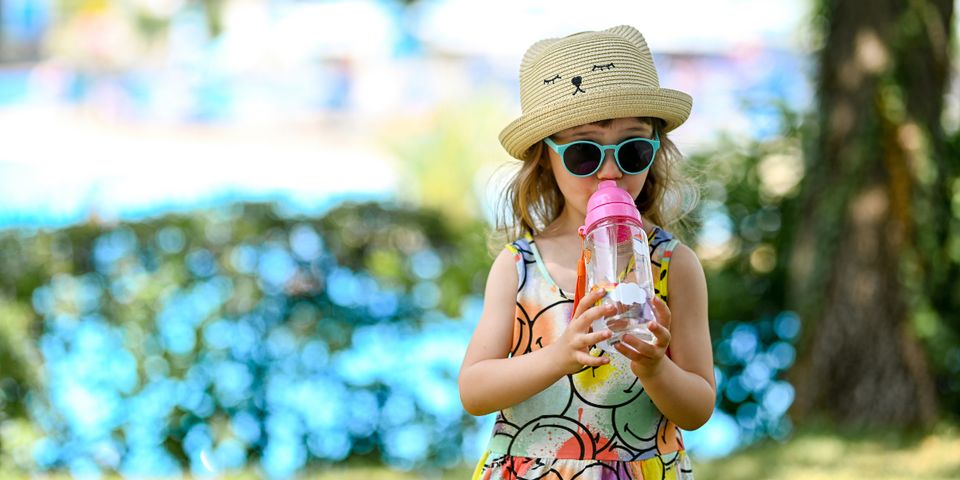Why You Should Prioritize Drinking Water in Summer

Whether you're planning to go swimming, hiking, or just spend more time outside this summer, wherever you go, don't forget to prioritize hydration. As any family health care specialist will tell you, drinking sufficient amounts of water benefits everyone in every age group and demographic. In the summer, this is particularly important, given the higher risk of dehydration. While the word is sometimes used hyperbolically, it's a real problem that can impair someone's coordination and cognition; it's not uncommon for people to end up in the hospital when they're dehydrated.
Summer and Dehydration
The human body is made up of about 60% water, and when it starts to heat up, it will draw upon that to form sweat. Then, when the sweat interacts with the hotter body temperature, it evaporates, creating a cooling sensation.
Because it's significantly hotter in the summer, your body will naturally sweat more often, so it needs to be replenished more frequently. The more time you sweat, the higher your chances of developing dehydration and landing in the hospital.
If you're feeling thirsty and your mouth is a little parched, that's when you should drink; this is a very early sign. After that, another early sign of dehydration is a darker yellow urine color; ideally, it should be a very pale yellow. Then, as your hydration levels start to deplete, you may feel drowsy, light-headed, and your overall cognition will be diminished.

Poor coordination may follow or accompany that. Heart palpitations are another possibility. In these cases, the first type is to try to hydrate on your own; however, if drinking water doesn't seem to help, head to the hospital for urgent care so that fluid can be reintroduced intravenously.
How Much to Drink
At the very least, the amount of water you should drink should be about half your body weight's worth in fluid ounces; this assumes you're measuring body weight in pounds. For example, if you weigh 150 pounds, then you should drink at least 75 fluid ounces of water. But, of course, that's the minimum; if you're feeling thirsty, have been active, or it's very hot, you should increase that amount.
The easiest way to get the water you need is to make it part of your daily tasks. For example, have a glass in the morning before brushing your teeth and again before bed. Then, have a glass or two with every meal. Don't forget to sip a little bit throughout your day every two hours or so.
If you've been drinking a significant amount of water but are still experiencing symptoms of dehydration, Mille Lacs Health System can help. Known for comprehensive family health care, they've served their community for nearly 70 years. With the main hospital campus in Onamia, MN, and several clinics in Isle, Garrison, and Hillman, you can rely on their medical providers. You can find all their departments and services on their website, but if you have any questions, call (320) 532-3154.
About the Business
(36 reviews)
Have a question? Ask the experts!
Send your question

